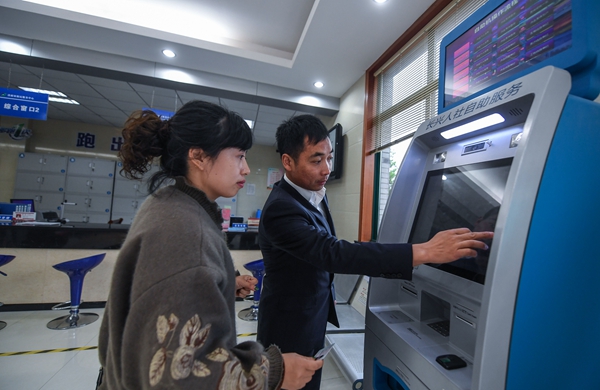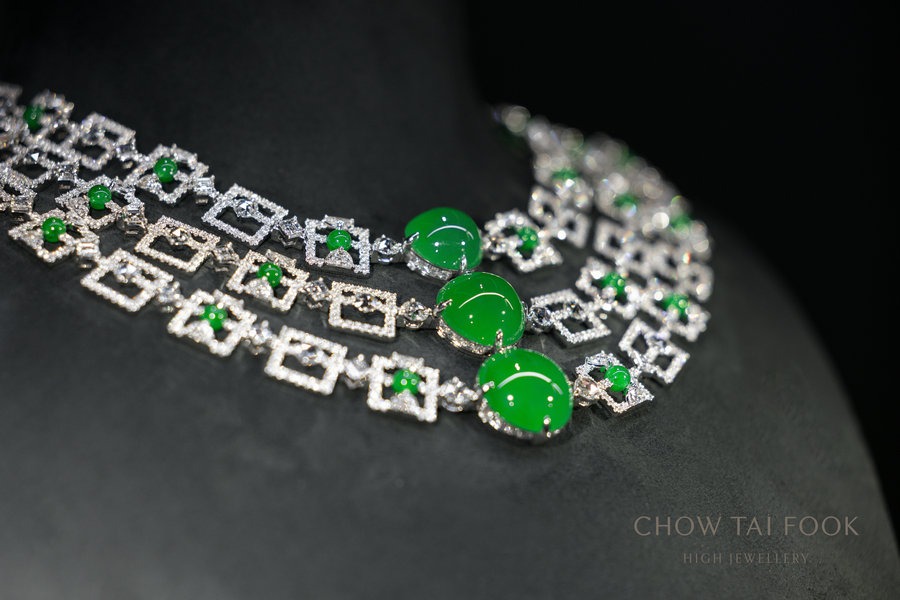A healthy investment


The fact that more people get severe diseases at a younger age or feel their health condition deteriorate, as well as uncertainties brought about by the COVID-19 pandemic to both their personal lives and on a socioeconomic level, also amplifies anxiety and is contributing to the trend.
Li Xiaona, 26, a civil servant in Beijing, spent about 8,000 yuan in April on critical illness insurance and about 1,000 yuan on a one-year medical insurance plan. The former provides a maximum compensation of 250,000 yuan if the policy holder gets seriously ill-a malignant tumor, for example. The latter can reimburse expenses for hospitalization and drugs, if the total medical expenditure surpasses 5,000 yuan throughout the year, according to Li.
"Though I feel healthy today, it cannot be guaranteed that I will not get severely ill in the future. I have heard many people in their 40s or 50s get diabetes, cardiovascular diseases or cancer, which needs a massive amount of money for treatment, let alone to cover the interruption to one's career and daily life," she says. "It's necessary to be fully prepared before bad things happen."
She says the pandemic also makes her think more about "aging, sickness and death" and, as many of the post-1990s generation, who are often the only child in the family, stay single.
"We face a lot of risks, and some may not be bearable. I often think 'what if I suddenly get hospitalized or lose income?' I also think about life in old age. I don't want to cause any trouble to others," she adds.
For Li, insurance is another form of savings alongside those deposited in the bank, the stock market or trust funds. She says she will continue to invest in the sector, and may buy other products such as life insurance when she earns more money.
Results of a survey conducted by Alipay and China New Economy Research Institute in September showed about 80 percent of the 5,546 interviewees born after 1990 said insurance increases their sense of security, with 70 percent having bought health insurance (including critical illness, medical and accident coverage) and 30 percent bought endowment insurance. About 40 percent of interviewees spent more than 1,000 yuan each year on such products.




































